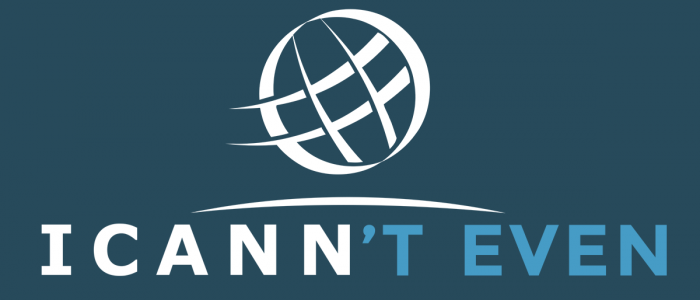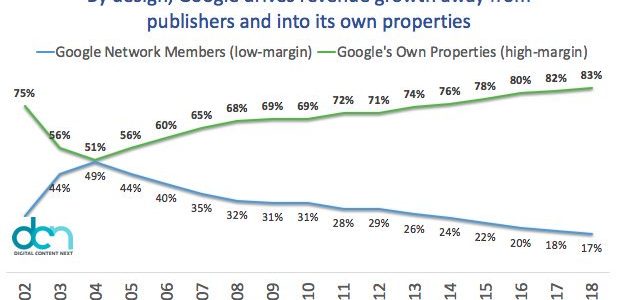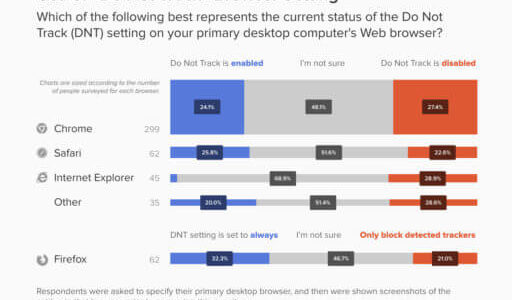
In disappointing news, the registry for Dot Org (.org) domain names was sold to a private equity firm. Ethos Capital purchased purchased the non-profit Public Interest Registry (PIR). The “Chief Purpose Officer” at Ethos Capital, Nora Abusitta-Ouri, “has held a variety of positions at the Internet Corporation for Assigned Names and Numbers (ICANN), including Senior Vice President, Development and Public Responsibility and Director of Engagement, International and Inter-Governmental Organizations” according to Ethos Capital’s website.
ICANN decided earlier this year that the cost of registering a .org domain name would no longer be capped. The previous contract, executed in 2013, barred the PIR from directly charging more than $8.25 per year per domain. Individual domain name resellers and registrars typically charged a markup, but the price cap was designed to make .org domain names accessible to small non-profits and organizations.
ICANN solicited comments for the proposed change. According to the results, 3,252 comments received by ICANN supported keeping the price cap. 57 of the received comments didn’t express an opinion either way, while only six supported lifting the restriction. A third appeared to voice support only sarcastically. In other words, fewer than 0.07% of commenters that that removing the price cap would be positive while more than 98% were opposed.
The new contract expired and around July, ICANN decided to remove the price cap. Now, Ethos Capital has purchased PIR.
We expect prices to increase, at the expense of non-profits.



